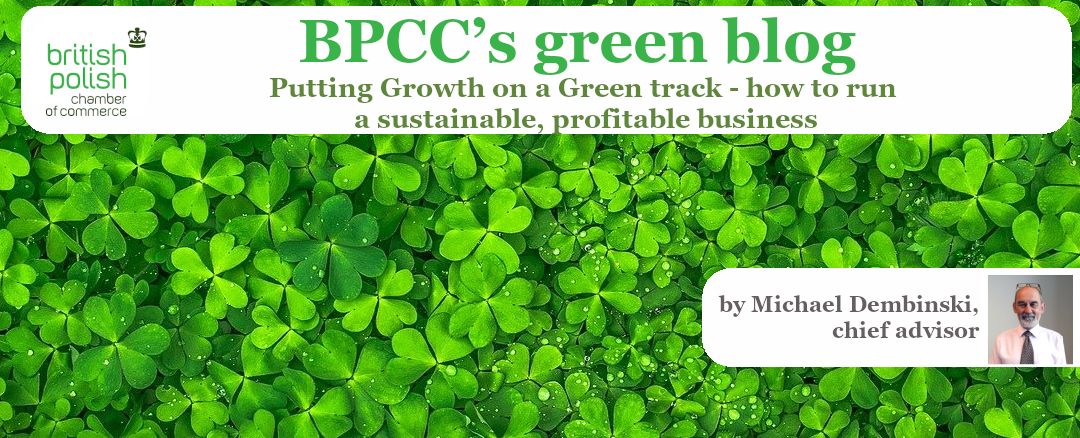So far at COP28, delegates have made firm financial commitments to the global ‘loss and damage’ fund; they have pledged to triple renewable energy by 2030 (compared to 2020 levels); and 50 oil-and-gas companies have pledged to make their production net zero in carbon emissions by 2050.
However, despite these significant pledges, the opening of this year’s UN climate summit failed to make it to the top of world’s news agenda. Now that most world leaders have left Dubai, the profile of COP28 will become even less visible across the media.
The remainder of the summit will focus on the nitty-gritty of the ‘global stocktake’, a deep-dive into vast amounts of data to establish countries’ progress on combating climate change for the first time since the Paris agreement set out the 1.5C target for global warming. The results of the stocktake must then be translated into an agreement on the next steps, to be hammered out before the summit’s end.
A less-publicised outcome of the first days of COP28 was the signature of the Emirates Declaration on Sustainable Agriculture, Resilient Food Systems and Climate Action. This is the first time that world leaders have focused on food and agriculture in a climate-change summit. The countries that have signed up (which include Poland and the UK) represent 5.7 billion people and 75% of all emissions from global food production and consumption. The declaration sets out that signatories should include food emissions in their countries’ plans to tackle climate change, as listed in their NDCs – Nationally Determined Contributions. Other than that, the declaration merely states that people should eat less meat and dairy – but how much less isn’t set out. Rather, the declaration stands as an intention to shift the global food system towards greater sustainability and resilience.
Food contributes a third of the warming gases increasing global temperatures. Debates around agriculture’s role in climate change is focused on the water and the feed that meat- and dairy cattle consume. By diverting those resources directly to humans rather than indirectly through animals, a vast amount of greenhouse gasses can be prevented from entering the atmosphere. A big meat-eater’s diet produces over 10kg of greenhouse gases each day.
Another controversy surfacing at COP28 is how to treat the world’s largest and third-largest emitter of greenhouse gases – namely China and India respectively. Both countries have major economies – but should they be expected to contribute to the loss-and-damage fund to cover climate-change related disasters that hit the poorest countries?
The countries most vulnerable to the results of climate change have already lost one-fifth of their national wealth over the last two decades as a result of extreme weather events such as flash floods, hurricanes, mudslides and wildfires. The US – the world’s second-largest greenhouse gas emitter – and other developed nations including the UK, say that China and India should join them in pledging further cuts in emissions for meaningful global climate action, and should also contribute to the loss-and-damage fund. But China and India disagree, arguing their high levels of emissions are a recent development when compared to the historic emissions of developed countries that have been polluting the atmosphere since the 19th century.
COP28 is the biggest climate summit held to date, attended by 97,000 politicians, diplomats, journalists and campaigners. Of those, some 2,500 are representatives of the coal, oil and gas industries and related organisations, up from 600 at COP27 and 500 at COP26. Part of this rise, however, is due to the tougher registration procedures introduced by the UN, ensuring that potential attendees had to state clearly who they worked for.



























